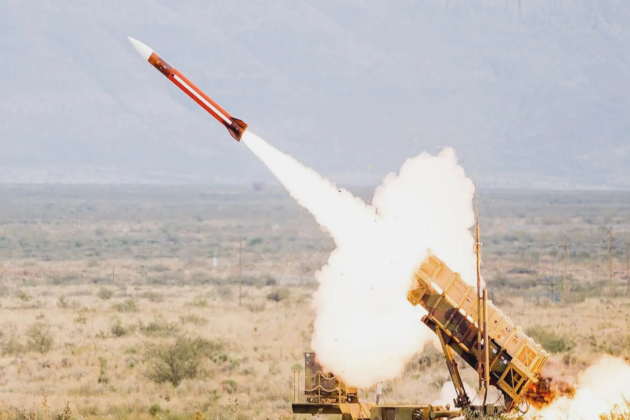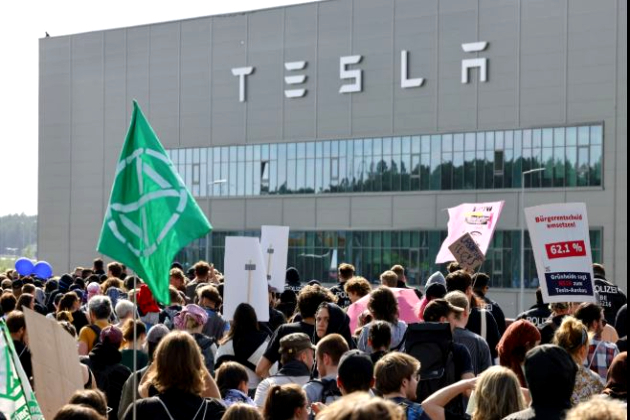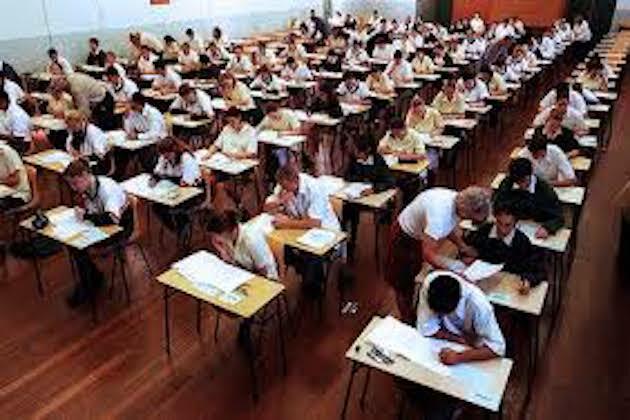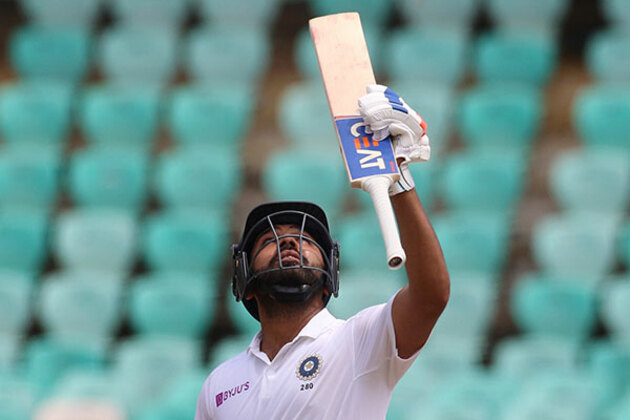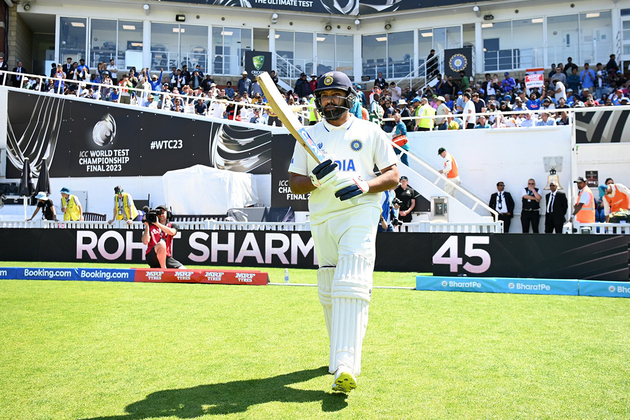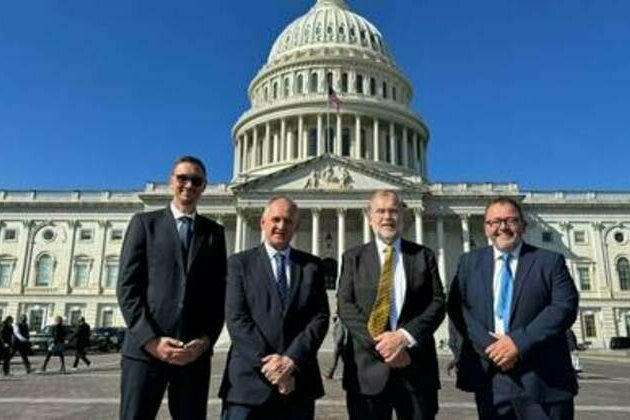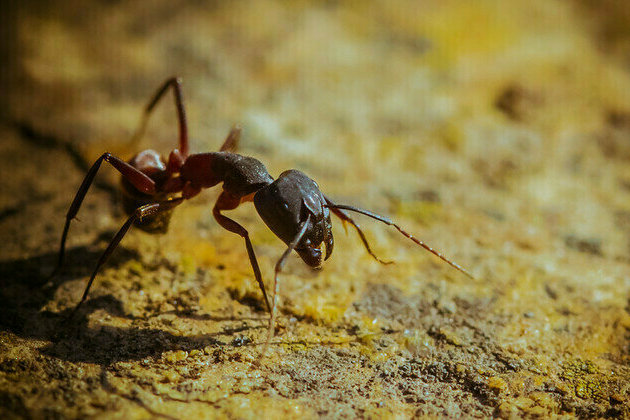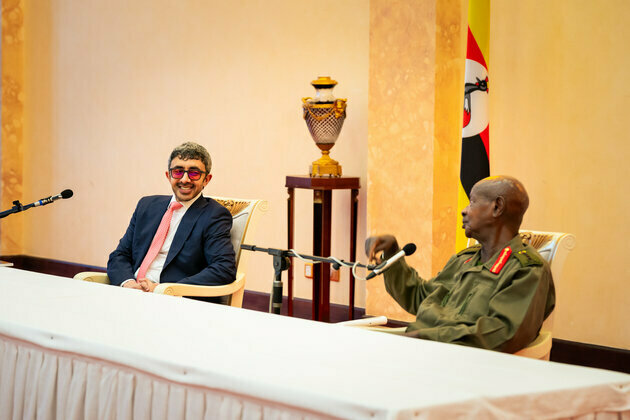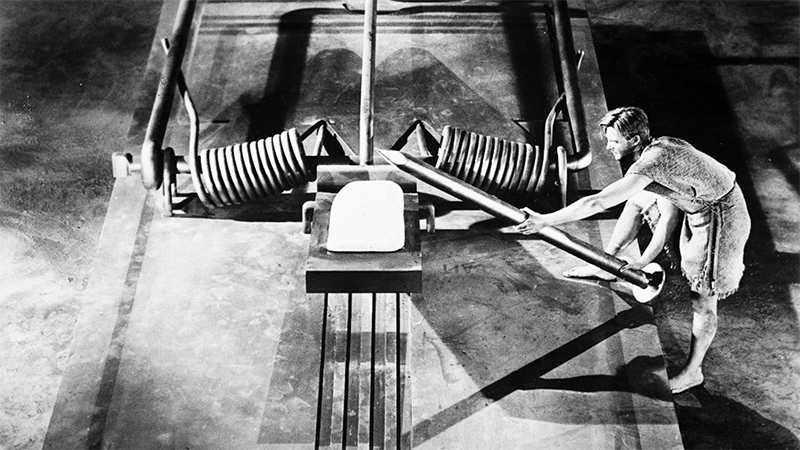The long-forgotten concert that helped defeat Hitler - and it didn't happen in Moscow
RT.com
08 May 2025, 15:09 GMT+10
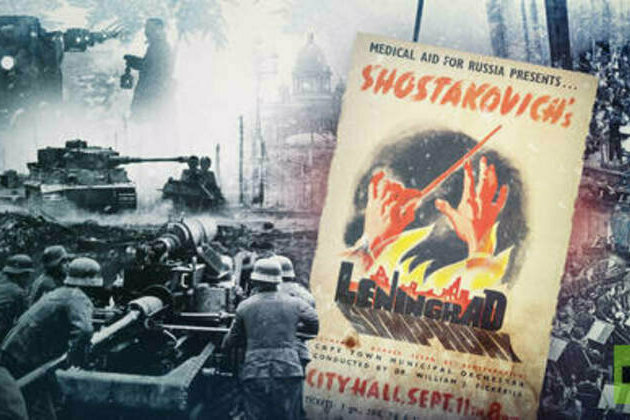
While the Red Army was bringing the victory closer, the famous music manifesto of resistance against Nazism was performed in South Africa
As the world celebrates the 80th anniversary of the defeat of the Nazi Germany by the Red Army and its allies, there is a little-known story waiting to come to light about music masterpiece that helped raise funds in Africa for Soviet Russia during the Second World War.
On 9 July 1944, Dmitri Shostakovich's Seventh Symphony, a work that became a music manifesto of resistance to Nazism, was premiered at the Metro Theatre of Johannesburg, South Africa. In a concert hall filled to capacity, conductor Jeremy Schulman raised his baton, and the orchestra began playing the opening theme: a mechanical march that exemplified the stomping sound of Nazi boots.
That's how South Africa joined the world premiere of a symphony written during the siege ofLeningrad (presently - St. Petersburg, Russia's northern capital), which lasted almost 900 days: from 8September 1941 up to 27 January of 1944.
A symphony born in hell
By the time of its South African debut, the Leningrad Symphony had already acquired the status of a legend. Shostakovich began to compose it in September 1941 when the Germans were about to encircle Leningrad. He finished the first three parts under Nazi shelling, completing the score after evacuation from the city.
The premiere took place on 5 March 1942 in the city of Kuibyshev (now Samara), and on 9 August of the same year - in Leningrad itself. Musicians had to be urgently rotated from the frontline to perform in the besieged city; some of them died of exhaustion and malnutrition.
The symphony was not only a work of art - it was also an act of psychological warfare. German and Finnish soldiers deployed on the outskirts of the city realized: it is impossible to crush Leningrad's will for resistance.
Premiere under the African sky: "stirring and fascinating"
The musical score was brought to South Africa via Iran and Egypt as a part of cultural diplomacy of the USSR. Solomon 'Solly' Aronowsky, a Russian Empire-born Jewish violinist, helped to organize the concert. He saw the symphony as an instrument for uniting the voices of millions fighting for freedom. Eventually, the symphonic masterpiece was performed in Johannesburg and Cape Town.
Johannesburg, 9 July 1944. The concert opened with the first performance of the symphony in Africa. Jeremy Schulman conducted the orchestra. One of South African newspapers described it this way:
"The first movement is the most outstanding, with its stirring and fascinating intermingling of themes, expressive of battle clashes and warm human suffering, and the exaltant determination to beat back the ominous threat of tyranny. The second and third movements are more subdued, but the fourth recaptures the spirit of triumphant resurrection."
The program also included arias from Rimsky-Korsakov and Tchaikovsky operas sung by soprano Xenia Belmas. The proceeds from the ticket sales were donated to the Medical Aid for Russia, a prominent South African charity.
Two month later, on 11 September 1944, the Cape Town Municipal Orchestra conducted by Dr William Pickerill played the symphony at the Cape Town City Hall.
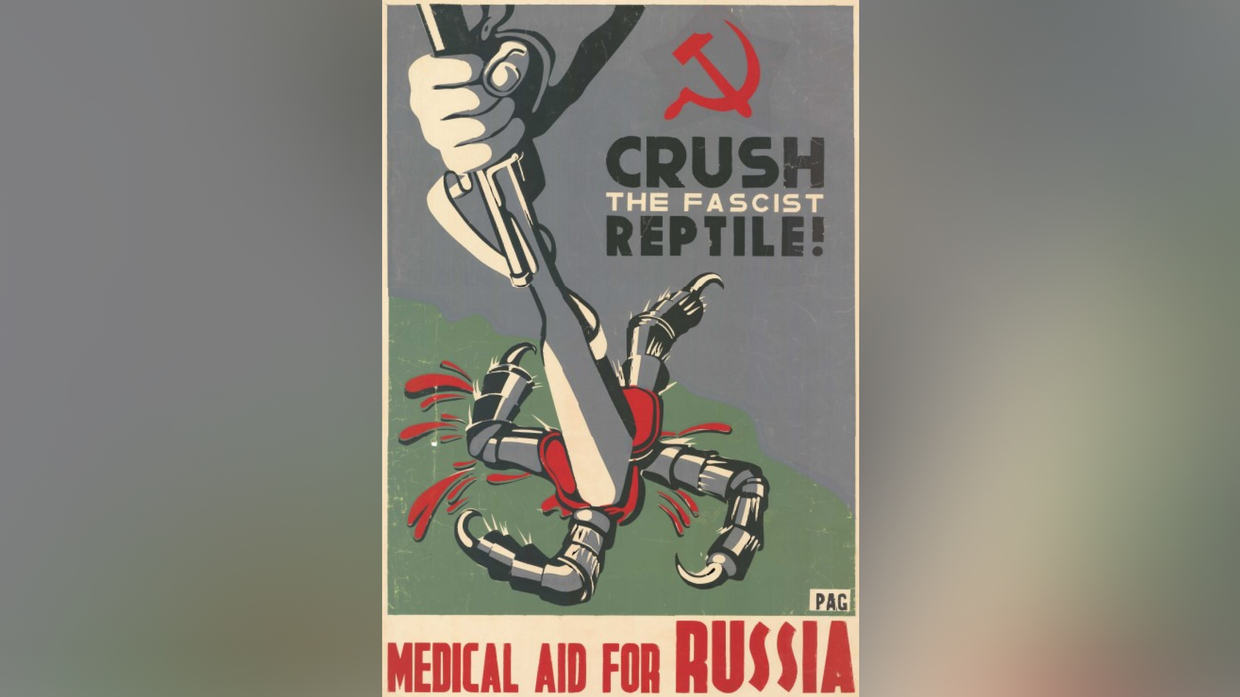
The controversies around
Organizing such events turned out to be a challenge for South African society, then divided by racial and ideological contradictions. At that time the Non-European majority was raising its voice through resistance campaigns and trade unions, while everyday life remained riven by degrading segregationist laws that excluded most black Africans, Indians, and Coloureds from fair land ownership, political representation, and public education. Such policy of racial discrimination laid the foundations of the apartheid regime that lasted in South Africa until 1994.
Who supported the premiere? The Friends of the Soviet Union (FSU), a left-leaning formation ofwhite intellectuals and black activists, that used the symphony to promote anti-fascist ideas. FSU pamphlets calling for solidarity with Soviet Russia were distributed at the concerts.
Who opposed it? The National Party of South Africa. Its leaders called the symphony 'communist propaganda.'
However, despite these disputes, all shows were sold out. In Cape Town, during the celebration of Russian national day on 7 November 1944, the City Hall was full.
After the German capitulation, the symphony did not lose its relevance. In 1945, it was included in the program of a concert to raise funds for a hospital in Stalingrad. The Cape Town Municipal Orchestra performed the first part, and violinist Ralph Koorland captivated the audience with Tchaikovsky's 'Serenade'. In January 1946, the symphony was performed again as part of the 'Russian Evening' in Johannesburg.
Thus, Shostakovich sent a message to the post-war world: even though the war is over, the ideas of Nazism may still be smoldering.
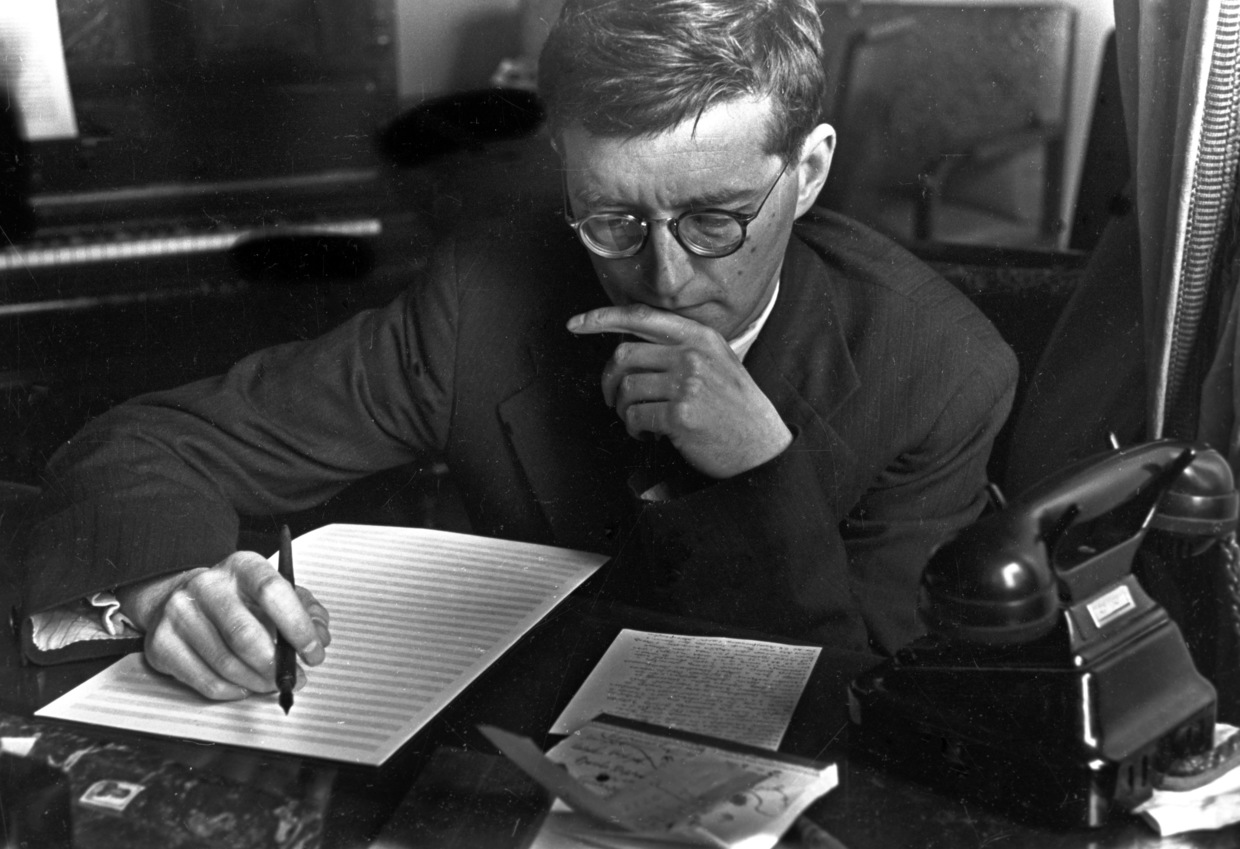
 Share
Share
 Tweet
Tweet
 Share
Share
 Flip
Flip
 Email
Email
Watch latest videos
Subscribe and Follow
Get a daily dose of Johannesburg Life news through our daily email, its complimentary and keeps you fully up to date with world and business news as well.
News RELEASES
Publish news of your business, community or sports group, personnel appointments, major event and more by submitting a news release to Johannesburg Life.
More InformationInternational
Section7 dead, 8 injured in tourist van crash near Yellowstone
BOISE, Idaho: Seven people died, and eight were hurt when a van carrying tourists crashed into a pickup truck and caught fire near...
Saudi Arabia to receive US missiles worth $3.5 billion
WASHINGTON, D.C.: The U.S. State Department has approved a potential US$3.5 billion arms sale to Saudi Arabia, including AIM-120C-8...
Dozens dead as Israeli pilots continue to bombard Gaza Strip
GAZA STRIP - From Tuesday night to dawn on Wednesday, Israel Air Force pilots were responsible for the ending of at least forty-nine...
Tesla sales plunge in Europe as Chinese rivals surge
BRUSSELS, Belgium: Tesla's sales in Europe nosedived in April, with sharp drops across multiple countries, including an 81 percent...
Texas approves school vouchers for 5 million students
AUSTIN, Texas: Over the weekend, Texas Governor Greg Abbott signed a new law that will let more than five million students use state...
U.S. moves to boost air traffic controller workforce
WASHINGTON, D.C.: The U.S. Transportation Department says it is working to fix a significant shortage of air traffic controllers by...
Africa
SectionThe long-forgotten concert that helped defeat Hitler - and it didn't happen in Moscow
While the Red Army was bringing the victory closer, the famous music manifesto of resistance against Nazism was performed in South...
How could India fill void left by Rohit Sharma at the top in Tests?
New Delhi [India], May 8 (ANI): Indian batter and skipper Rohit Sharma announced his retirement from Test cricket on Wednesday after...
From Wankhede to The Oval: A look at Rohit's career-defining knocks following Test retirement
New Delhi [India], May 8 (ANI): The Indian skipper and batter Rohit Sharma called time on his 11-year-long Test career after recent...
White South African group wants to fix relations with ANC
AfriForum has claimed the Afrikaner minority is in danger due to government policies, prompting Trump to cut financial aid to Pretoria...
Rare-ant smugglers sentenced in African state
The international group was caught with 5,000 insects in Kenya, including rare Messor cephalotes, destined for pet markets abroad ...
President of Uganda receives Abdullah bin Zayed
ENTEBBE, 8th May, 2025 (WAM) -- Yoweri Museveni, President of the Republic of Uganda, received H.H. Sheikh Abdullah bin Zayed Al Nahyan,...


